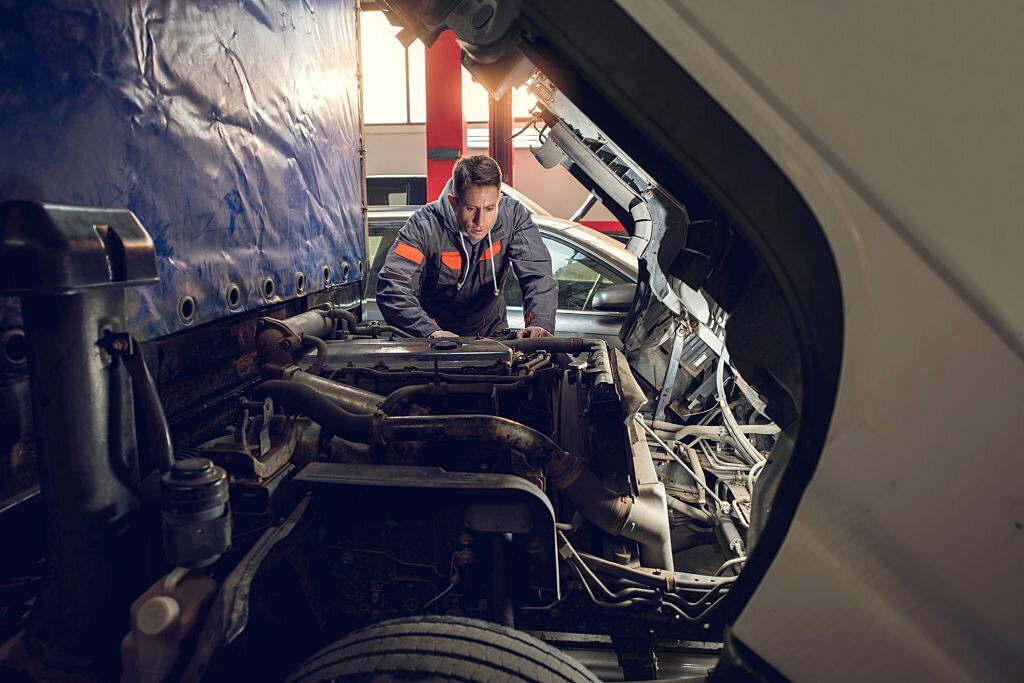Regular engine maintenance plays a crucial role in influencing both fuel economy and potential cost savings for vehicle owners. By adhering to a routine maintenance schedule, drivers can optimize their engine's performance, leading to improved fuel efficiency and long-term financial benefits.
-
Optimized Fuel Efficiency: A well-maintained engine operates more efficiently, ensuring that fuel is burned at the optimal rate. Regular tasks such as changing the air filter, spark plugs, and fuel injectors can contribute to a cleaner combustion process, reducing fuel consumption and enhancing overall mileage.
-
Proactive Detection of Issues: Regular maintenance allows for the early detection of potential engine problems. Addressing issues promptly, such as fixing a faulty oxygen sensor or repairing a malfunctioning fuel system, prevents the engine from working harder than necessary. This proactive approach helps maintain peak efficiency, translating to better fuel economy.
-
Efficient Cooling System: Adequate engine cooling is essential for optimal performance. Regularly checking and maintaining the cooling system, including the radiator and coolant levels, prevents overheating. An efficiently cooled engine operates more smoothly, ensuring that fuel is utilized more effectively.
-
Timely Oil Changes: Engine lubrication is critical for minimizing friction and preventing wear and tear. Regular oil changes, along with using the manufacturer-recommended oil, help maintain the engine's integrity. A well-lubricated engine operates more efficiently, reducing friction and improving fuel economy.
-
Proper Tire Maintenance: While not directly related to the engine, maintaining proper tire pressure is vital for fuel efficiency. Under-inflated tires can increase rolling resistance, forcing the engine to work harder and consume more fuel. Regularly checking and maintaining the correct tire pressure contributes to improved fuel economy.
-
Extended Engine Lifespan: A well-maintained engine tends to have a longer lifespan. Regular maintenance minimizes the risk of major breakdowns, reducing the likelihood of expensive repairs or engine replacements. By investing in routine upkeep, vehicle owners can save money in the long run.
-
Financial Savings Over Time: Though the upfront costs of regular maintenance may seem modest, the cumulative effect of improved fuel efficiency and reduced repair expenses adds up over time. Vehicle owners who prioritize consistent engine maintenance often find themselves saving money on fuel costs and avoiding costly repairs, making it a financially sound investment.
In conclusion, the positive correlation between regular engine maintenance, improved fuel efficiency, and long-term cost savings underscores the importance of proactive care for vehicle owners. By adopting a preventive maintenance approach, drivers can enhance their engine's performance, increase fuel economy, and ultimately save money on both fuel expenses and potential repairs. For more information, click here!


No comments yet